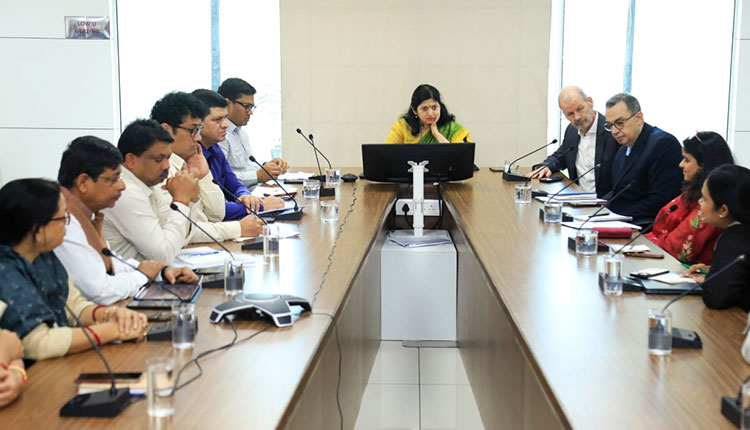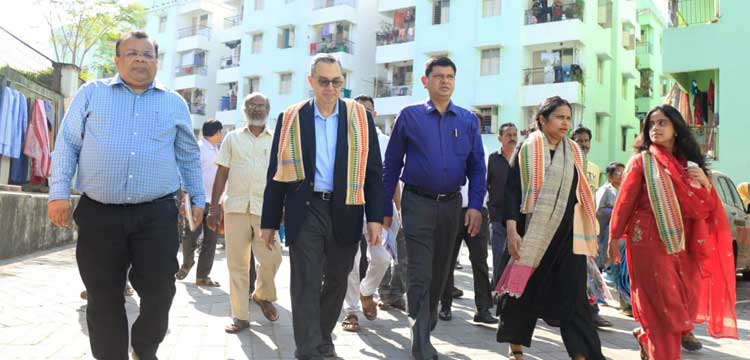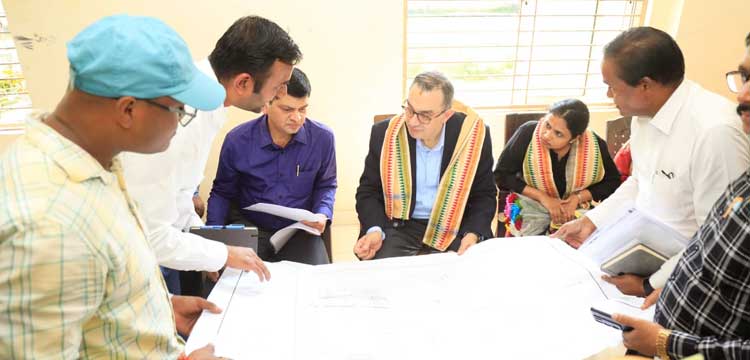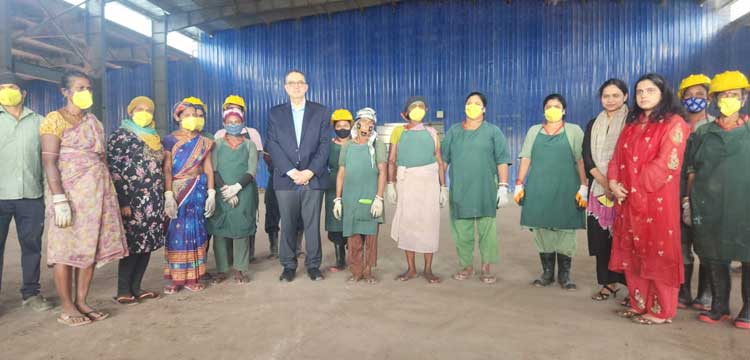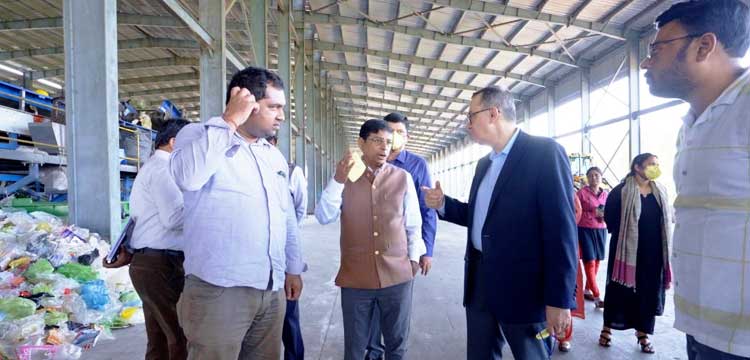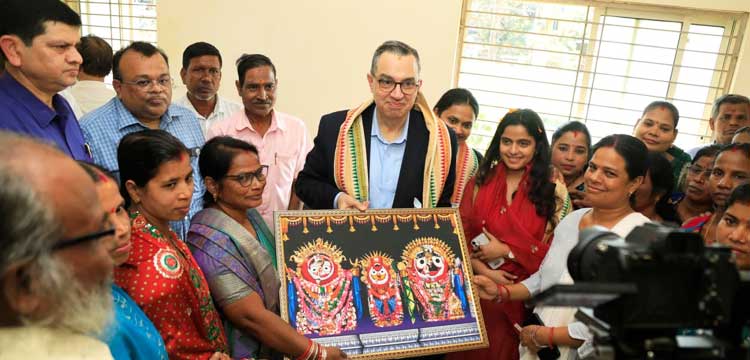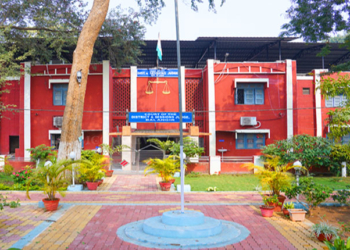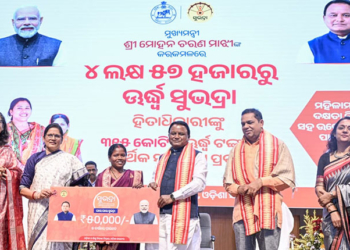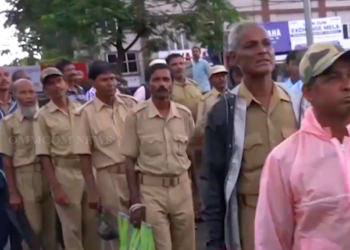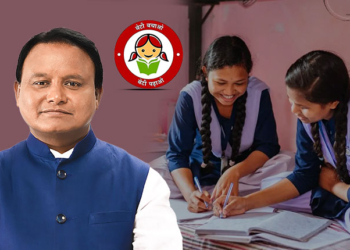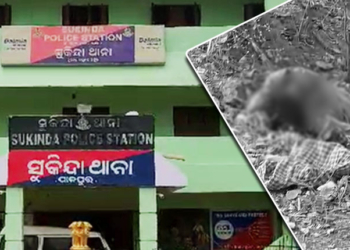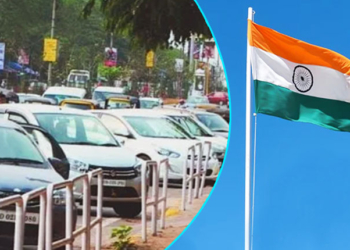Bhubaneswar: A high-level delegation from the World Bank visited Bhubaneswar today to observe and understand Odisha’s flagship urban initiatives under the Housing and Urban Development Department.
Housing and Urban Development Department Principal Secretary Usha Padhee received the delegation and gave an elaborate presentation on Odisha’s Urbanisation and Development Road Map, highlighting progress across water supply, sanitation, urban mobility, affordable housing, and citizen-centric governance.
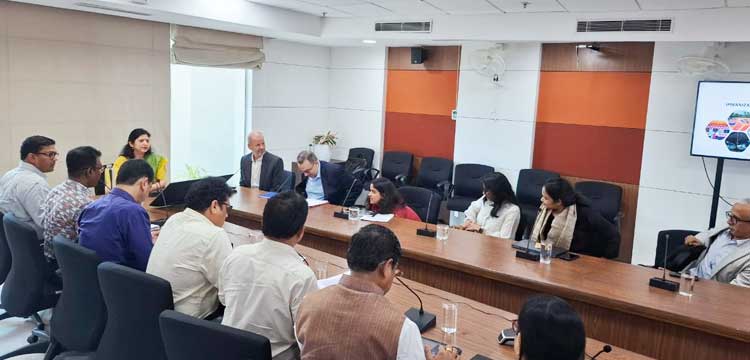 The visiting team included Johannes Zutt (Regional Vice President), Imad Fakhoury (Director), Keiko Inoue (South Asia Practice Manager, Education), Aparnaa Somanathan (South Asia Practice Manager, Health & Social Protection), Soumya Kapoor Mehta (Senior Economist) and Kritika Singh (Country Management Team).
The visiting team included Johannes Zutt (Regional Vice President), Imad Fakhoury (Director), Keiko Inoue (South Asia Practice Manager, Education), Aparnaa Somanathan (South Asia Practice Manager, Health & Social Protection), Soumya Kapoor Mehta (Senior Economist) and Kritika Singh (Country Management Team).
During the interaction at Kharavel Bhawan, the delegation engaged with senior officers of the Department and acknowledged Odisha’s data-driven and outcome-oriented approach to urban reforms.
Following the briefing, the delegation visited Palasuni to witness sanitation best practices on the ground, including the 150-TPD Material Recovery Facility, coconut-waste recycling facility, Water Treatment Plant and community-linked waste management operations. The team interacted with Swachh Karmis and Women Self-Help Groups and appreciated the role of community participation in environmental stewardship and decentralised sanitation models.
They later held a dialogue with beneficiaries of the Affordable Housing project at Nilamadhab Niwas, who shared their experiences on improved housing, neighbourhood amenities, and livelihood linkages after relocation.
Throughout the visit, the World Bank team recognised Odisha’s advancement in Drink-From-Tap 24×7 water supply, public transport via CRUT and last-mile connectivity through e-rides like Odisha Yatri, digital urban services delivery through SUJOG, and the GARIMA framework for safety and dignity of sanitation workers.
The delegation expressed appreciation for the State’s focus on scale, inclusivity, and measurable social impact, and signalled interest in exploring deeper collaboration in urban resilience, sanitation, affordable housing, institutional capacity building and governance-centric service delivery. The visit concluded on a positive note with a shared commitment to continued partnership for sustainable and inclusive urban development.




